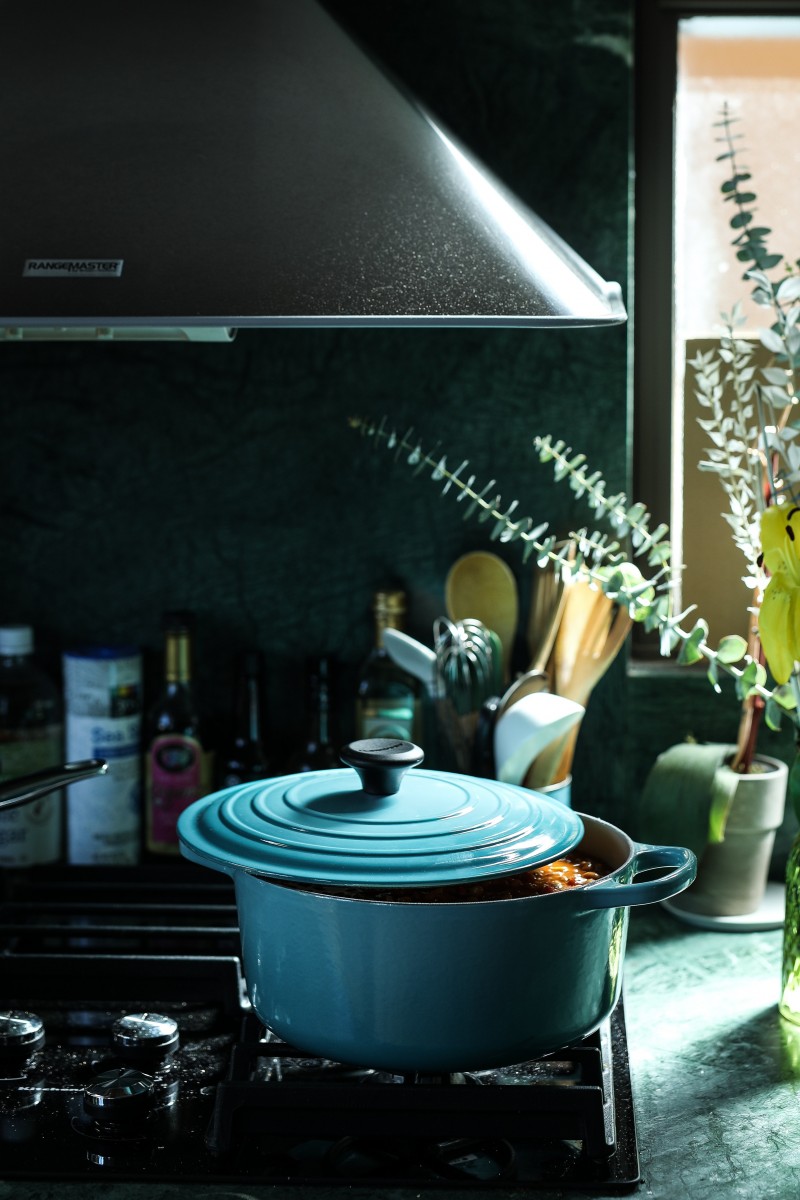
No One Wants Their Food Medicalized.
…and two suggestions for the new year
Preamble
I am in the nutrition world, and my friend is in the policy world focusing on aspects of health, which makes for interesting conversations. On our call yesterday, we caught up on personal things—family, friends, upcoming holidays, plans for the new year, and then organically shifted into our respective work worlds. We talked about dietary dogmas, science, siloed information, interconnectedness of food and health then tying it into our food supply, poverty, the social aspects of health and then to policy.
Something she said to me resonated: “No one wants their food medicalized.” I’ve thought about this a lot since then. I am personally firmly entrenched as a nutritionist and culinary educator in the food as medicine world, and have been for many years, but I don’t label myself as such. It’s food—delicious all the time, and healthy the majority of the time.
Food for Thought
What is medicine? “A compound or preparation used for the treatment or prevention of disease, especially a drug or drugs taken by mouth.” What is the definition of food? “Any nutritious substance that people or animals eat or drink or that plants absorb in order to maintain life and growth.” It’s clear that healthy food is medicine. I’m sure no one would argue with that, but she’s right that the term medicalized food, or food is medicine, might not sound appetizing to some. One note here that should go without saying, but I will anyway—if someone is very ill and a diet change might save their life, medicalize their food all you want as they will welcome it. They won’t care what you call it.
My experience these past twenty-five years is that some people want dialed-down information. Why are you suggesting I eat that? What are sulfur-rich foods and why do I need them? as an example. I am one of those people. I want all the facts so I can make my own decisions. Not everyone wants all the details. Their lives are busy, just tell me what I should eat. Steer me in the right direction. These are simplistic examples, but you get the drift. This is an example for those who are able to receive advice from someone in the nutrition and culinary world. For those who don’t have that luxury, they must try to figure it out themselves.
To compound the confusion, there are people touting what they consider to be the best diet. Well-meaning and often well-credentialed people saying their way of eating is the best. Food dogmas. I’m not a fan. This can be very confusing for many people and there is no one-size way of eating that fits all.
So, what to do?
I used to write an article every year about ways to be healthier in the new year, with (way too) many tips. I don’t do that anymore. Now, I have two things I recommend you do this next year to help you lead a healthier life. Cook more and listen to your body.
Cooking doesn’t have to be complicated or time-consuming, and it’s almost always healthier that purchased food. Avoid as much packaged food as you can. Equally important is what food makes you feel good or bad. Do you feel bloated after you eat dairy or wheat? Are you craving a certain food? That’s your body telling you what it needs or doesn’t want. Obviously, I’m not talking about sugar—you might crave it, but you don’t need it. This requires slowing down a bit and paying attention to your body’s signals.
Back to the conversation with my friend. I also wish for all of you a family member or friend or a group of friends with whom you can bounce ideas around without judgement. It’s good for everyone’s health and for me personally our conversation was inspiring. I am thankful.
Happy Holidays and Happy New Year!
